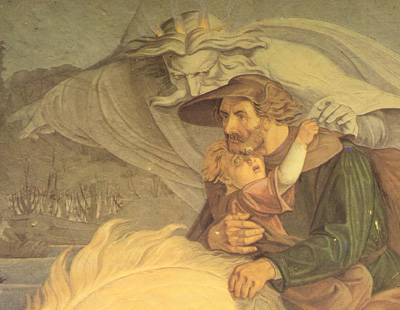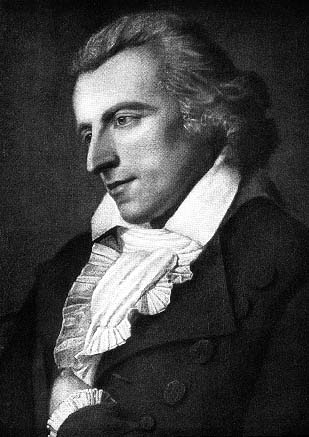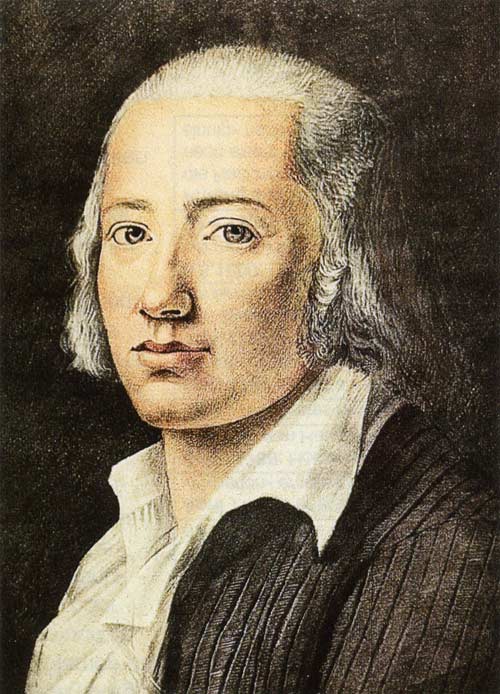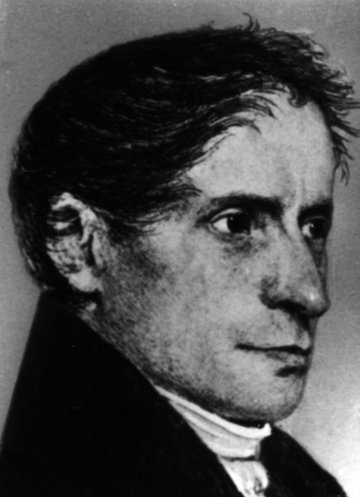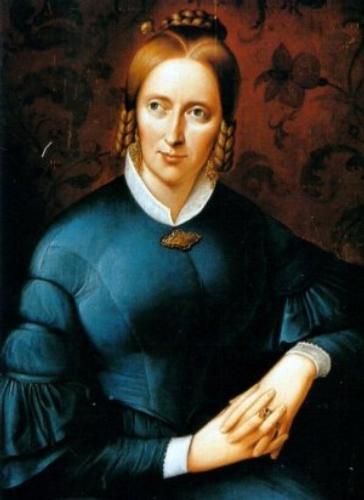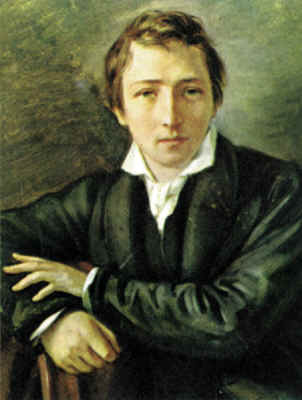Revolution
|
Literature
|
| 1776 American Revolution; 1778: France
formally recognizes the fledgling U.S., leading to war
with their old enemy Britain; 1783: Treaty of Paris
restores French holdings in America, Africa, and India,
but state coffers decimated by support of American
Revolution |
Rousseau, Social Contract (1762); Goethe, Sufferings of Young Werther
(1774); T. Jefferson, Declaration of Independence (1776) |
| 1789: Rebellion begins when National
Assembly declares itself part of government, the Bastille
is stormed, and peasants revolt |
Declaration
of the Rights of Man and Citizen (1789); William
Blake, Songs of Innocence |
End
of
Old
Order:
God,
monarchy,
clergy,
to
be replaced by
liberty, fraternity, equality |
| 1791: King attempts to flee and is
returned forcibly to Paris; war vs. Austria declared; food
riots |
O. de Gouges, Rights of Woman and
Citizen, Thomas Paine, The Rights of
Man |
| 1792: Massacre
of thousands of supposed Royalists; First Republic founded
|
M. Wollstonecraft, A Vindication of the
Rights of Woman (1792) |
1.1793: Louis XVI beheaded; France
and England at War;
10. 1793: Marie Antoinette beheaded –
Part of mass Terror , counter-revolution, and
ensuing culture of paranoid surveillance
War vs. Austria and Prussia; Briefly
enacted some reforms (later revoked) such as
divorce, product of civil marriage, abolition of
slavery (Independence
of Haiti) |
Thomas Paine's exile, The Age of
Reason (1792-95); Helen Maria Williams, Letters
from France (1792-96);
William Godwin, An Enquiry Concerning Political
Justice (1791/93) |
| 1794: Rule by Robespierre, Danton, and the
Committee of Public Safety until 9th Thermidor (27 July)
when R. is arrested, tried, and executed |
Chénier, "When
the
somber
slaughterhouse
opens
its
caverns
of
death"
|
1795: Reopening of Christian
churches; Dauphin (crown prince) dies in prison;
dictatorship of Directorate
|
1796: F. Reynolds, Werter,
premiers in London at Covent Garden
|
| 1799: Napoleon named First Consul |
|
1803-1815: Napoleonic Wars ravage
Europe, particularly today's Germany
|
1802: René by
François-René de Chateaubriand imitates Werther
1808: Goethe, Faust I
|
| 1804: Napoleon crowns himself emperor;
Napoleonic Code changes civil law |
1814: Napoleon abdicates
and is sent into exile; Louis XVIII takes the throne
|
| 1815: Napoleon returns to Paris for a
victorious One Hundred Days; Battle of Waterloo: Allied
(British [Wellington], Prussian, Austrian, Russian) army
defeats Napoleon |
|
|
1818/19: M. Shelley, Frankenstein, E. T.
A. Hoffmann, The
Sandman
|
|
1824: L. Beethoven, Symphony 9 (Ode to
Joy) completed
|
1830: Three Glorious
Days/July Revolution
|
1830: V. Hugo, Hernani announces the
French Romantic movement
|

Eugene Delacroix, Liberty
Leading the People, Louvre, Paris, France, oil on
canvas, 1830
|
|
1832: Goethe, Faust II
|
|
1847: Lamartine's History of the Girondists (constitutional
monarchists massacred in the Rev.) published
|
1848: Second Republic founded after
the Revolution of
|
Hugo serves in the National
Assembly and advocates free education and voting rights
for all classes |
1851: Louis Napoleon, the President
of the Republic, declares himself Emperor Napoleon III,
and
|
Hugo goes into exile in Belgium and
then on islands along the English channel (Jersey and
Guernsey) |



